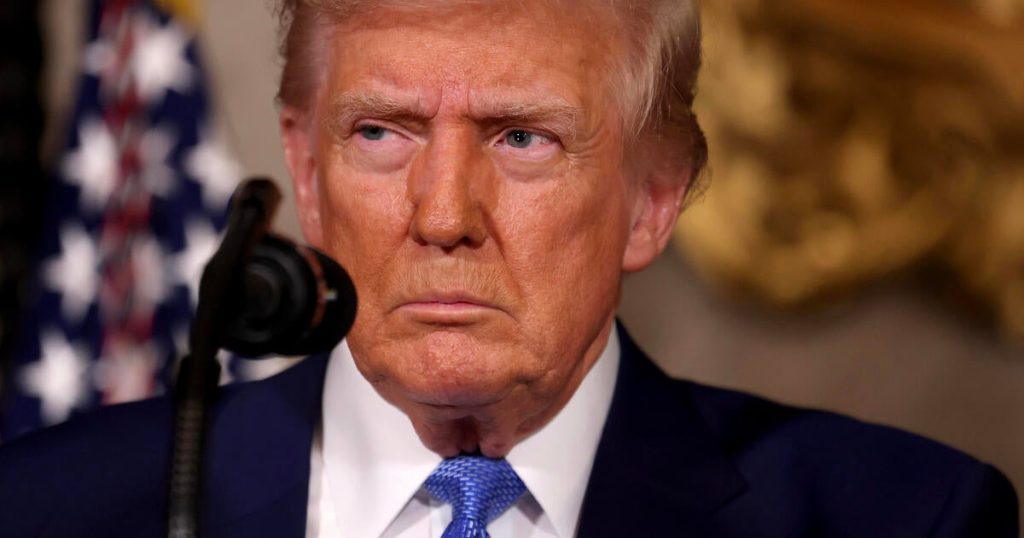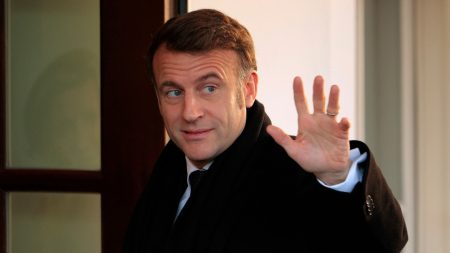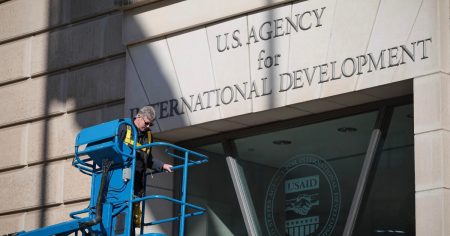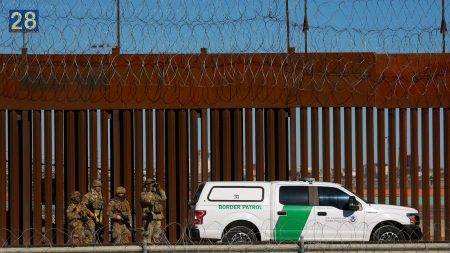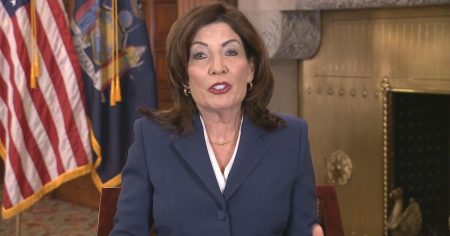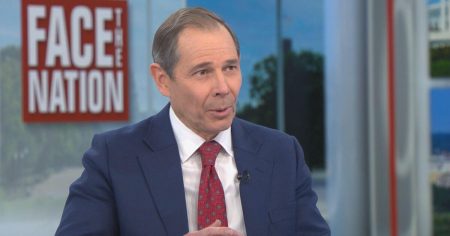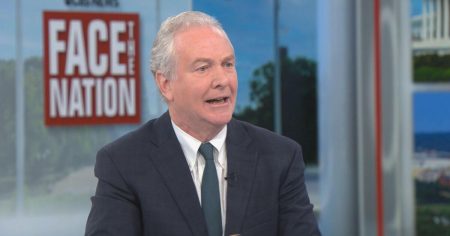Shift in US Foreign Policy Under Trump: Concerns and Implications
President Trump’s recent remarks from Florida have sparked significant concern as they appear to align US foreign policy more closely with Russian President Vladimir Putin’s stance on the Ukraine-Russia conflict. This shift is notable because it contrasts sharply with the traditional US support for Ukraine against Russian aggression.
Criticism of Zelenskyy and Echoes of Putin’s Rhetoric
Trump criticized Ukrainian President Volodymyr Zelenskyy, suggesting he could have prevented the war through a deal, a narrative reminiscent of Putin’s blame-shifting. This alignment has raised eyebrows, especially as the US has historically supported Ukraine. Trump’s words mirror Putin’s claims that NATO expansion, rather than Russian aggression, is the conflict’s root cause—a justification dismissed by NATO as baseless.
European Concerns and Disinformation
The potential shift in US policy has alarmed European allies, fearing a move away from NATO towards autocratic regimes like Russia. Zelenskyy accused Trump of operating within a "disinformation space" fostered by Russia, highlighting the spread of false narratives. Trump’s incorrect claim about Zelenskyy’s low approval ratings, contradicting actual data, underscores the concern over misinformation influencing international perceptions.
Diplomatic Efforts and Negotiations
Despite Trump’s envoy, Keith Kellogg, acknowledging Russia’s initiation of the conflict, the diplomatic path ahead remains unclear. Zelenskyy seeks security guarantees, possibly through NATO membership or troop deployment, but Russia has rejected both. The impasse raises questions about feasible peace terms and the effectiveness of Trump’s negotiating approach.
Implications of a Policy Shift
The potential meeting between Trump and Putin, despite ongoing conflict, signals a significant geopolitical pivot. This shift could weaken NATO unity and embolden Russian aggression, reshaping the global power dynamics. The stakes are high, with long-term implications for regional stability and international alliances.
Conclusion
Trump’s stance on Ukraine reflects a departure from traditional US foreign policy, causing anxiety among allies. The situation highlights the power of rhetoric in shaping international relations and the challenges of navigating complex geopolitical landscapes. As the conflict evolves, the world watches closely to see how these developments will influence the future of Eastern Europe and global security.





